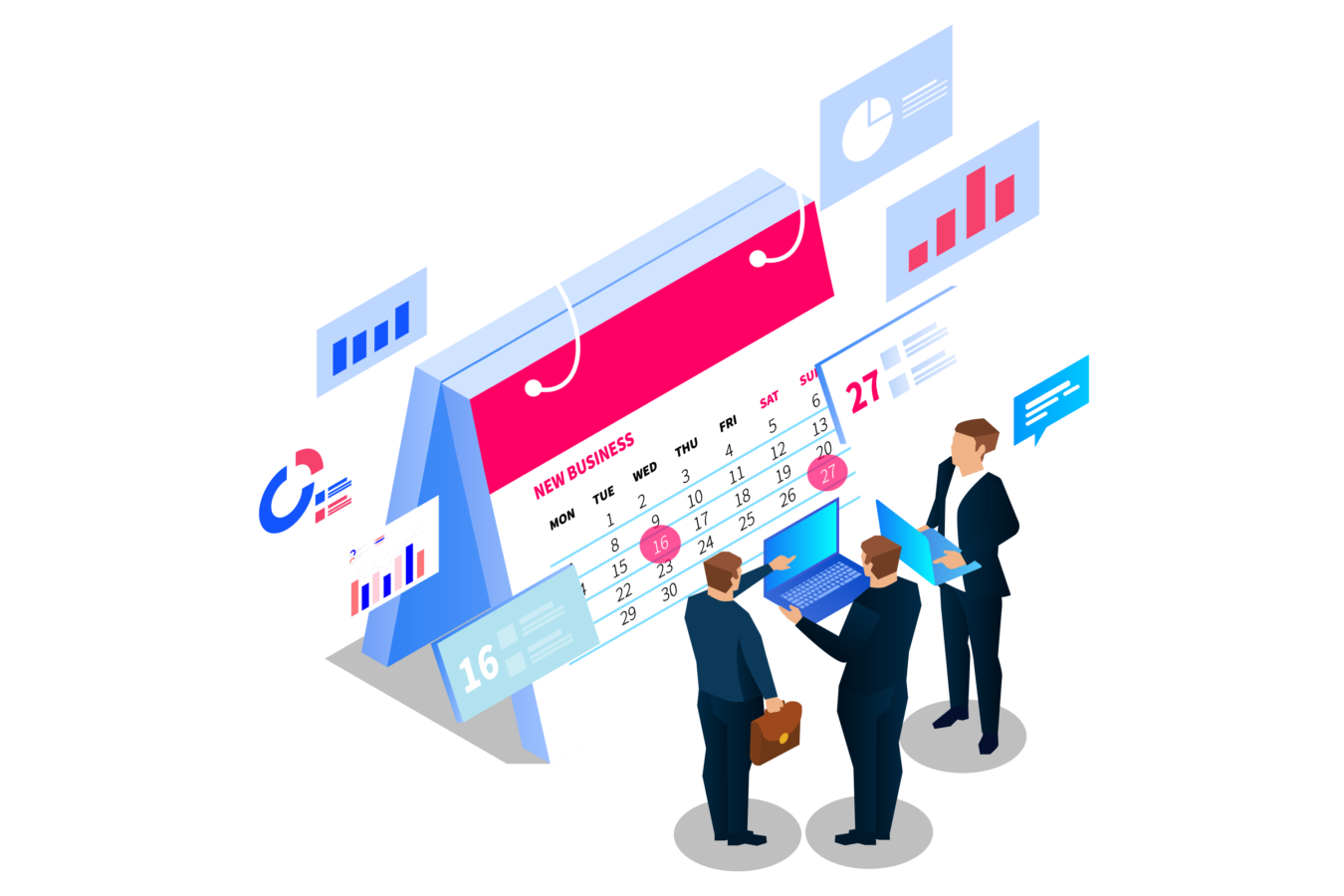In the current financial climate, many more SME (small to medium sized enterprise) businesses are focusing on the tendering process for contracts to boost much needed revenues.
Covering all bases is essential for winning tenders, so we have compiled some advice for companies new to the tendering process, with help from our tender and bid management specialist consultants at eXceeding.
- Be thorough. Take time to read and re-read all of the documentation in detail. There is no such thing as a generic tender! There will always be one or two different requirements, or questions within a number of tenders. Get several people to read the tender and discuss what it means and what the tenderer is looking for. If there are things that are not clear or there are conflicting requirements, then ask a written question (there is always a process for a limited amount of time) so that you can find out what they’re asking. Never second guess what’s required as you run the risk of being eliminated because of a simple, but extremely costly, misunderstanding.
- Ensure compliance. Ensure you are able to deliver all of the elements of the specification before you start compiling your response. If you are uncompliant, ask whether your bid would be considered. The more elements you can’t satisfy, the less chance you have of scoring well – hence less chance of winning the tender. In most cases you will need to be able to demonstrate that you have provided this service or product (or something similar) before, to similar organisations.
- Answer all elements. Make sure you answer each component of every question fully in the format and order dictated in the invitation to tender. Often there are several questions in one. Go through the questions and highlight each separate element before you start writing your response, then use these as headings in your response. This helps the reader cross-reference your response to their requirements and makes it easier for them to score your submission. The easier you make things for the assessor, the better light you’ll be seen in and typically the higher you will score.
- Use evaluation criteria. Where provided, use the evaluation criteria and – where possible – get a second opinion on your response against the tender. They are there to help you understand the critical things you need to cover in your response and will help you identify any gateway questions. Gateway questions are those that you must be able to say yes to, or in some circumstances, no to – in order to be invited to the next stage of the tendering process.
- Provide proof. Provide evidence for all of the claims and statements you make. Evidence can be in the form of real-life examples, documents which show you are good at what you are offering (e.g., information and performance data that shows you are able to do the work well), quotations and testimonials (and references) from people who have experienced your work. It is not enough to say you are good at something, you will need proof!
- Be comprehensive but concise. Ensure that all of your answers are full but concise and to the point. Often word or page limits are given. Never, under any circumstances, exceed these limits as the excesses will not be scored. Check if you can use appendices, as this is a good way to provide supporting information in relation to the points you are making.
- Timescales. Do make sure you leave plenty of time for a review and changes. Don’t underestimate how long your tender submission will take. None of us likes paperwork or filling out forms but you need to submit the best document possible – you only get one chance to make a first impression and it could just lead to a significant order!
- Preparation. Remember that the tendering process can be in a number of stages; where you are shortlisted from one stage to the next.
a) The Expression of Interest stage (EOI) – where you tell the tenderer that you want to be involved in the forthcoming procurement. Usually an email – or increasingly an on-line request via one of the many e-procurement websites.
b) The Pre-Qualification Questionnaire (PQQ) – which asks for basic information and financial data about your company. However, increasingly there may be a few key questions at this stage about what your overall approach will be – so you need to know what you want to do even at this very early stage.
c) The Invitation to Tender (ITT) – you must ‘qualify’ at the PQQ stage to be invited to tender – you will receive written confirmation that you have been invited (letter or email) and all of the formal tender documents. All of the preceding seven tips are relevant at this stage.
d) The interview/presentation – this is the stage that most people fall down on – they forget that they are still in a competition! Never forget – the assessment will begin the minute you enter the building – so go prepared, ready and professional at all times.
- Positive Impression. Make a good impression in person. At the interview/presentation the tenderers are assessing you and your team as people:
a) Are you the sort of people they would be able to work with?
b) Do you come across as believable?
c) Does it seem as though you really do know what you are talking about?
So, if you have spent considerable time and effort writing your tender – don’t blow it at the interview stage by spending just an hour or two on preparing for the interview/presentation.
Always make sure everyone attending the presentation has fully read and understands your response. Spend 1-2 days preparing and make sure that everyone who has been involved in the written document is also involved in the interview/presentation. Lastly, remember to practice, practice and practice again your presentation before you do it for real!
- Get Advice. If you are new to all this get professional help. It really does make a difference. Generally, companies who do the tendering themselves will be successful once in every five submissions. With professional help you can improve your win rate significantly – in some cases to winning in excess of one tender in every two submitted!
If you’d like to discuss how eXceeding can help you to create a winning bid strategy, or to respond to specific bid requests, book a free appointment now.


Comments
This post has no comments yet...